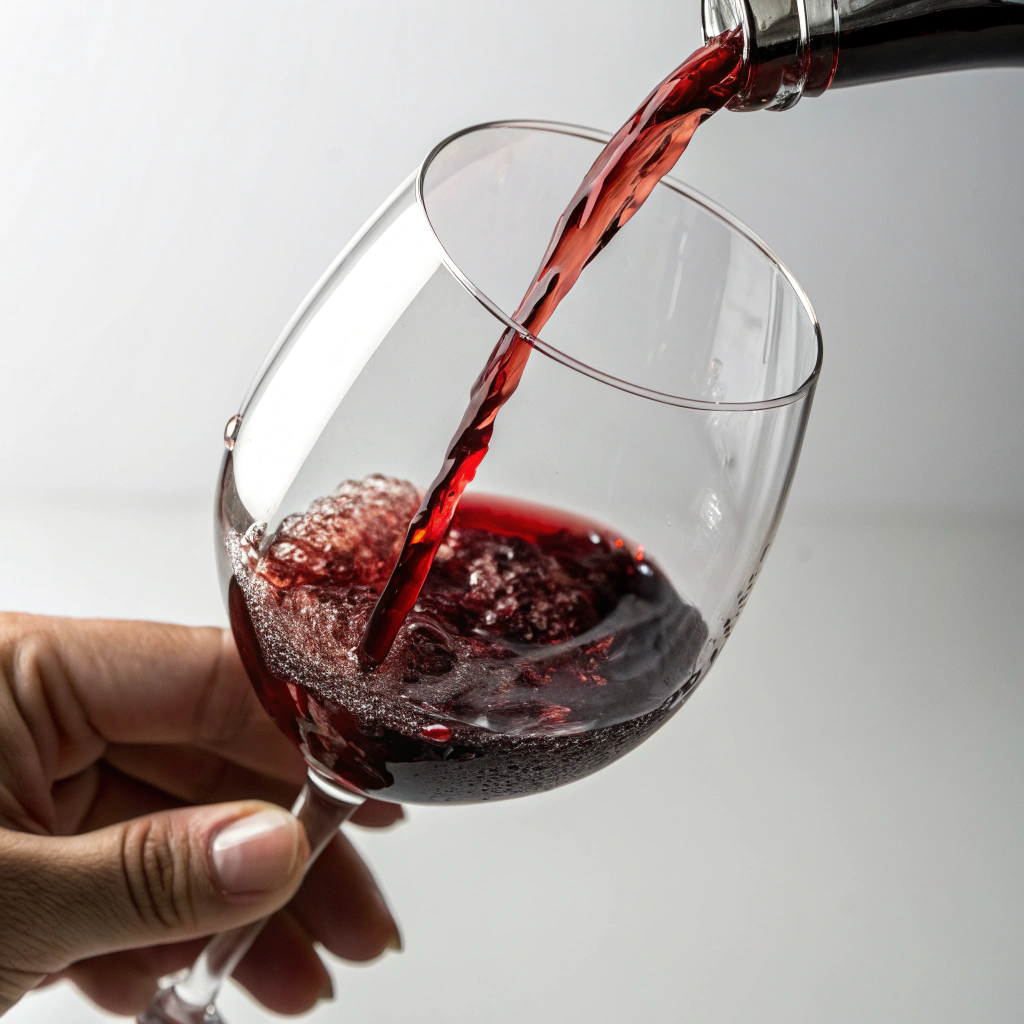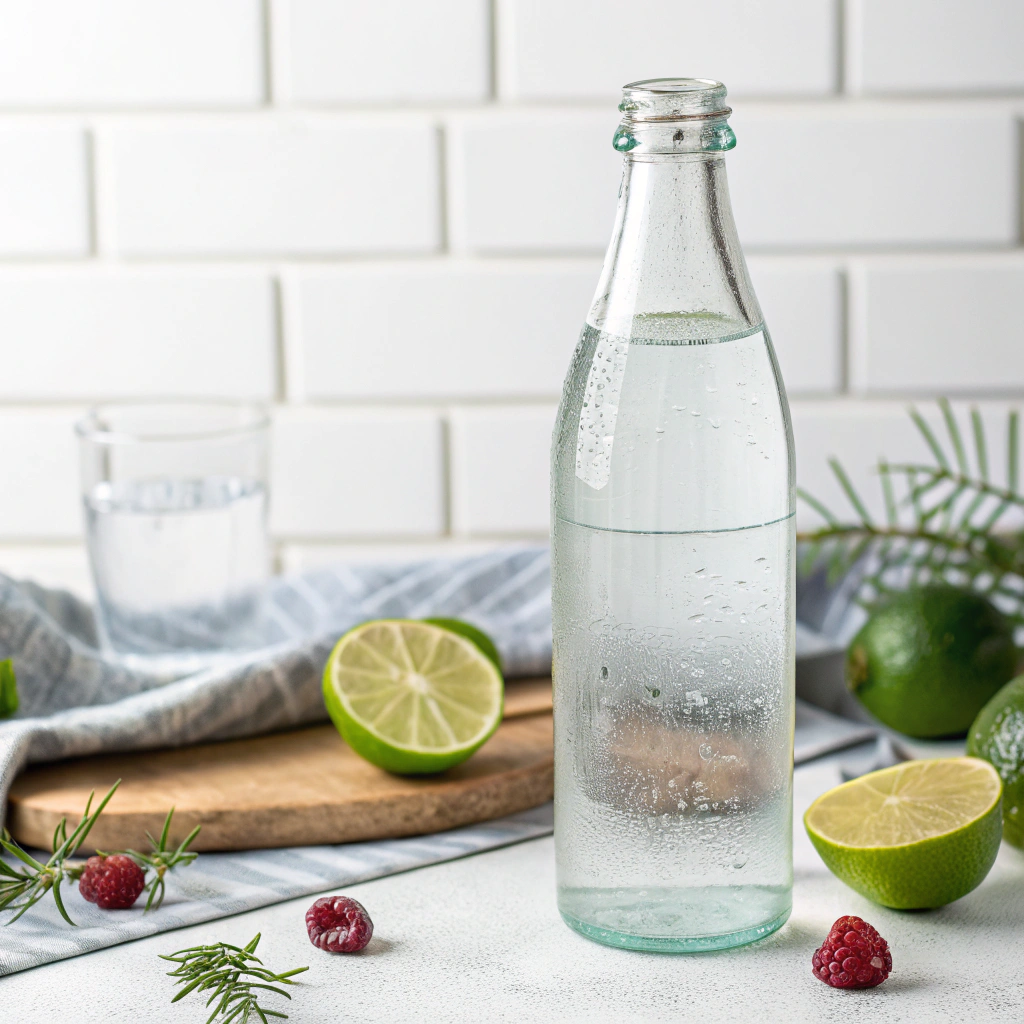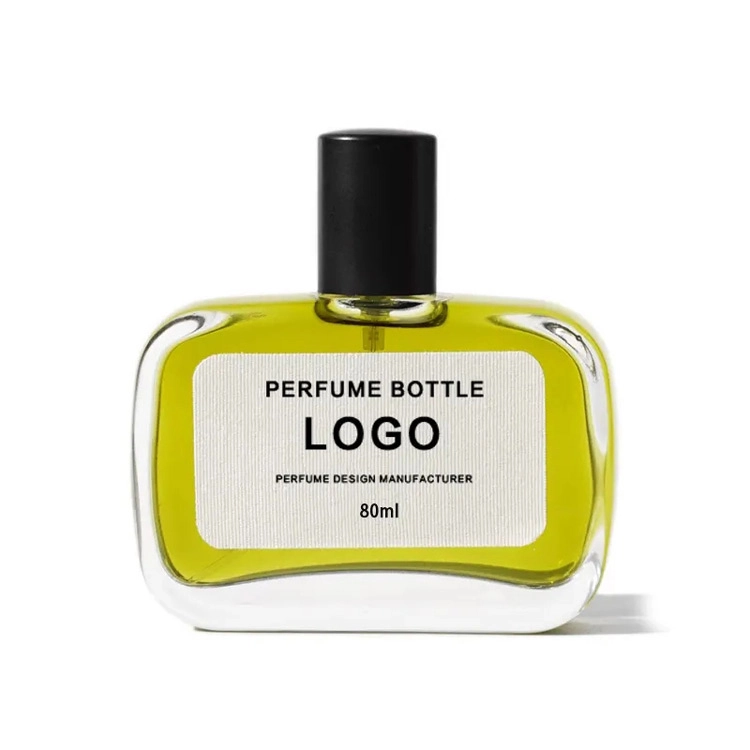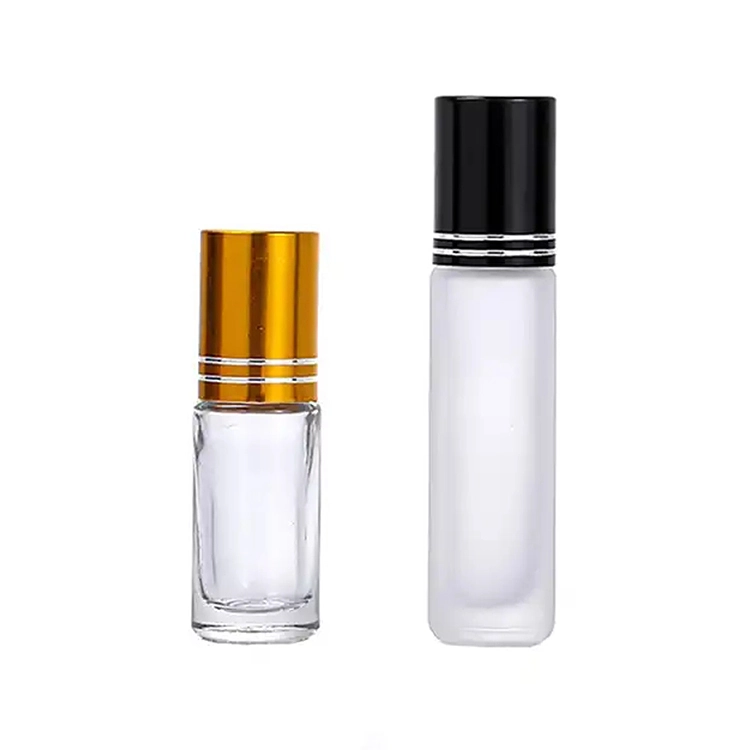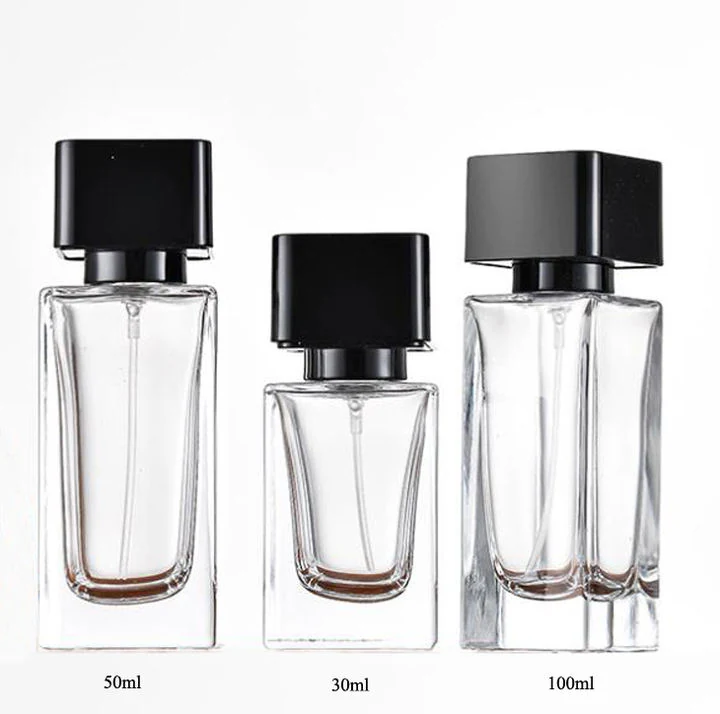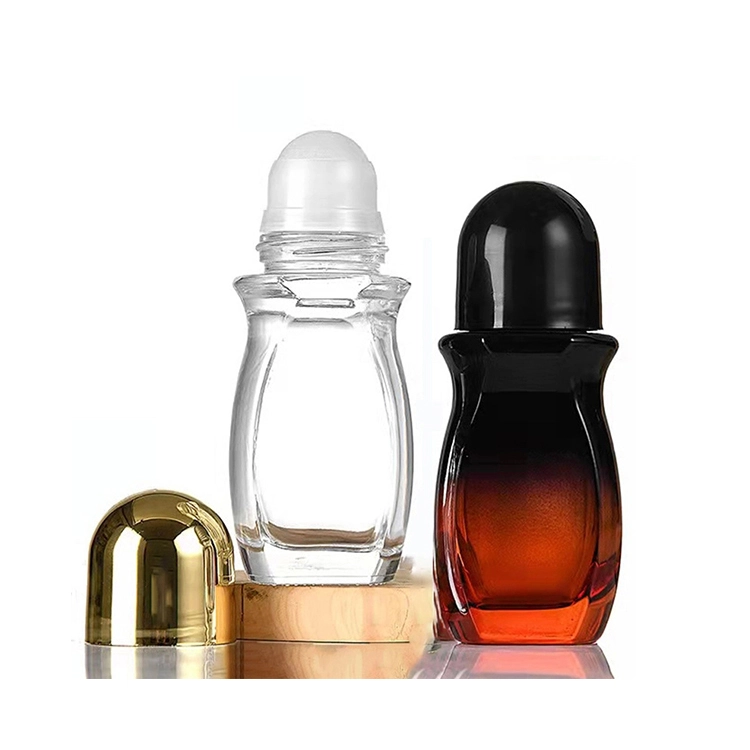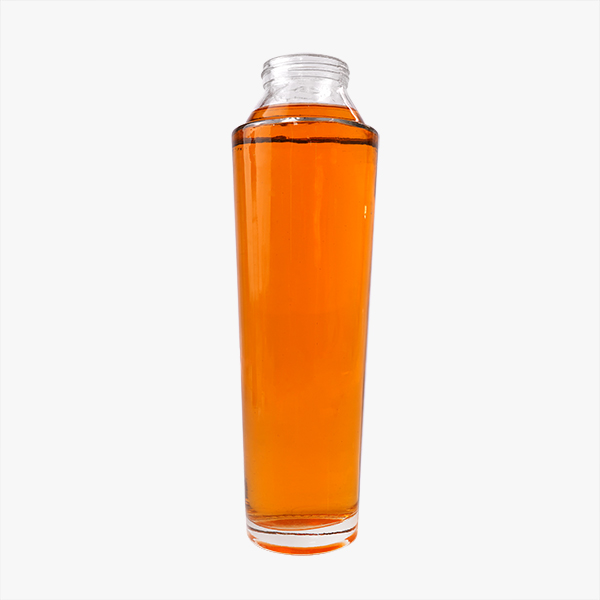
Part 1: Market Size and Growth
Guinea-Bissau’s glass bottle industry is relatively small but essential for its beverage and agro-food sectors. Beer, soft drinks, palm wine, and spirits drive most of the demand, while sauces and honey also rely on glass packaging. Tourism and exports to regional markets increase the importance of premium packaging.
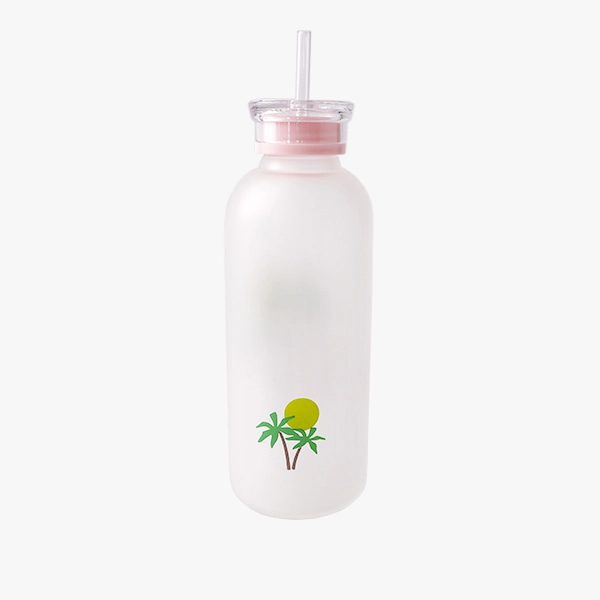
Most glass bottles in Guinea-Bissau are imported from Senegal, Portugal, and other European suppliers. Local producers focus on bottling and branding, while depending on regional imports for containers. This reliance makes trade routes and logistics critical.
With growing sustainability awareness and government policies reducing single-use plastics, businesses are increasingly turning to glass bottles. Glass is valued as eco-friendly, reusable, and premium packaging.
Part 2: Leading Companies
Cervejas de Guiné-Bissau (CGB)
Cervejas de Guiné-Bissau, established in the late 20th century, is the country’s largest brewery and part of the Castel Group. It produces beer and soft drinks packaged in glass bottles.
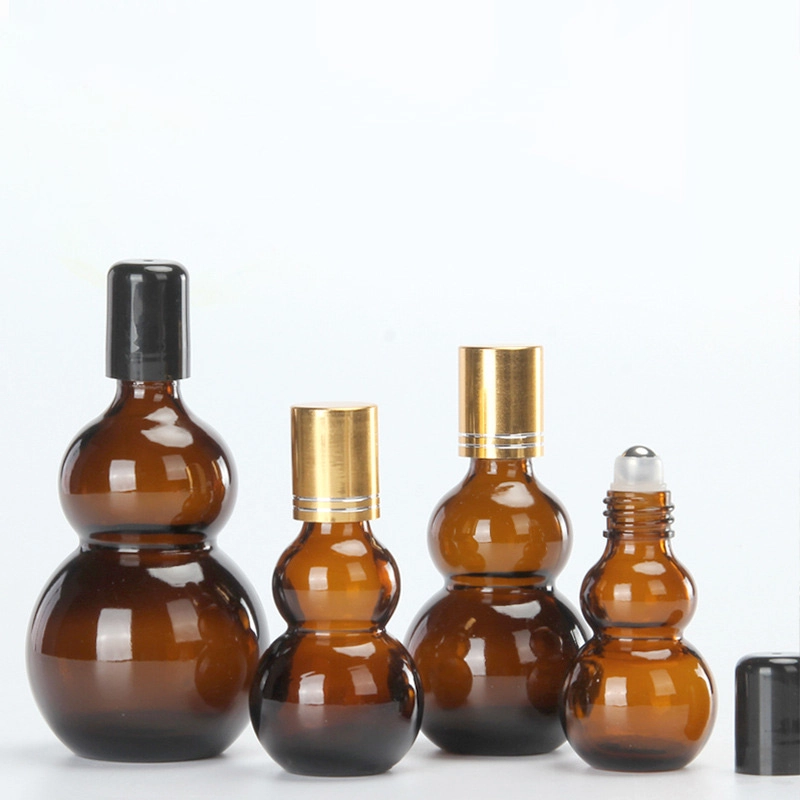
Its products include beer bottles, soda bottles, and refillable glass containers. Glass packaging is central to maintaining product quality and brand trust.
CGB has implemented bottle collection and reuse programs, complying with Castel Group’s sustainability practices.
Local Distilleries and Palm Wine Producers
Small-scale distilleries and traditional beverage producers package rum, gin, and palm wine in glass bottles. These serve both local markets and exports to West Africa.
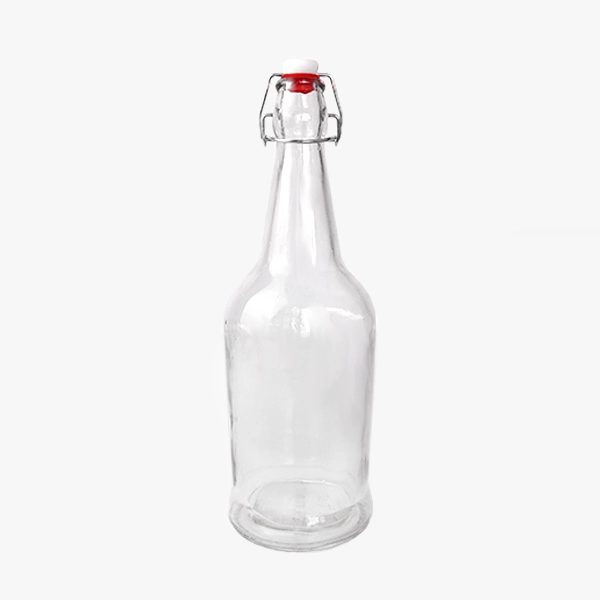
Products include rum bottles, gin containers, and palm wine bottles. Glass ensures durability and authenticity in these traditional beverages.
Many producers import bottles from Senegal or Portugal and apply local branding for niche markets.
Agro-Food and Spice Exporters
Guinea-Bissau also has agro-food companies packaging sauces, syrups, and honey in glass bottles and jars. These products target both domestic consumers and export buyers.
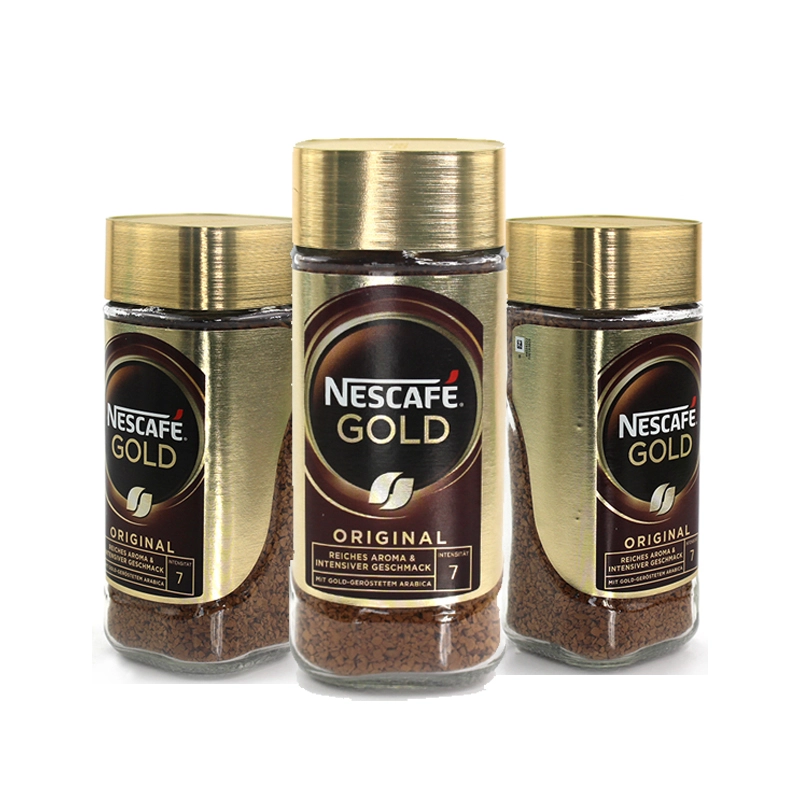
Their portfolio includes hot sauce bottles, cashew syrup containers, and honey jars. Glass adds premium value and supports international export quality.
These businesses comply with food safety certifications to access European and African markets.
| Company | Founded | Core Products | Industries | Certifications |
|---|---|---|---|---|
| Cervejas de Guiné-Bissau (Castel Group) | 20th century | Beer bottles, soda bottles | Breweries, beverages | ISO, Sustainability Recognition |
| Local Distilleries & Palm Wine Producers | Various | Rum bottles, palm wine bottles | Spirits, traditional drinks | Local Quality Certifications |
| Agro-Food & Spice Exporters | 21st century | Sauces, honey jars, syrups | Agro-food, exports | Food Safety & Export Standards |
Part 3: Trade Shows and Industry Events
Bissau International Trade Fair
The Bissau International Trade Fair is the country’s main commercial event. Beverage companies and agro-food producers showcase glass-bottled products here. It is a central platform for business visibility and partnerships.
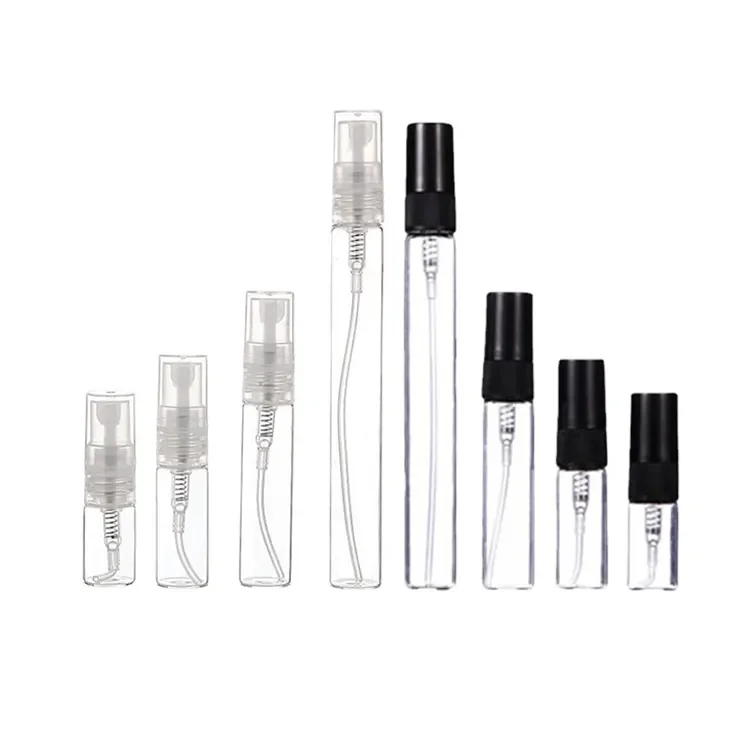
The fair attracts exhibitors from across West Africa and Portugal. Highlights include beverage launches, packaging showcases, and sustainability programs.
West Africa Agrofood Expo
Guinea-Bissauan companies also participate in the West Africa Agrofood Expo, a regional exhibition focused on packaging, food, and beverages. Glass packaging is a major theme for exporters and regional suppliers.
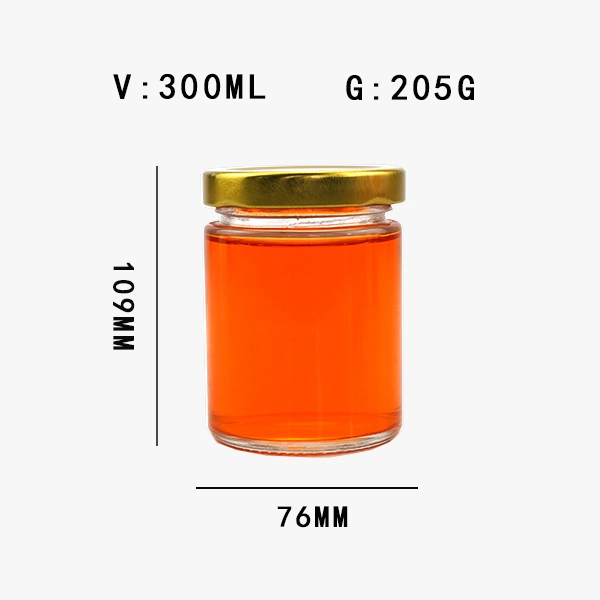
The expo rotates across West African capitals, featuring sustainable packaging, recycling systems, and supplier networking.
| Event | Date | Location | Highlights |
|---|---|---|---|
| Bissau International Trade Fair | Annual | Bissau, Guinea-Bissau | Beverage packaging, sustainability programs |
| West Africa Agrofood Expo | Annual | West Africa (rotating) | Glass packaging, recycling, export opportunities |
Part 4: Impact of Global Trade Policies
Guinea-Bissau depends heavily on imports for glass bottles, making shipping costs, tariffs, and regional agreements important. Any disruption in logistics directly affects local beverage producers. This dependence creates vulnerabilities.
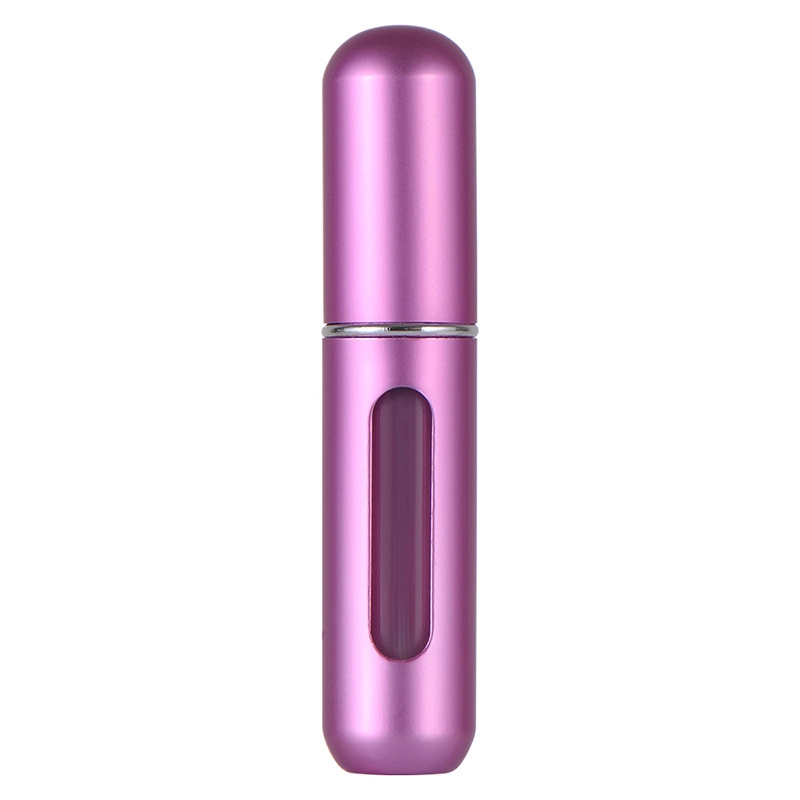
As part of ECOWAS, Guinea-Bissau benefits from regional integration, making imports from Senegal and C?te d’Ivoire more accessible. These partnerships reduce costs and improve supply chain stability.
Global sustainability policies also encourage recycling and refillable systems. By aligning with these trends, Guinea-Bissauan producers can expand their exports while meeting international eco-friendly standards.
Part 5: Conclusion
Guinea-Bissau’s glass bottle industry is led by CGB Brewery, supported by local distilleries and agro-food exporters. Tourism, exports, and sustainability are key drivers of demand.
Challenges include reliance on imports, high shipping costs, and limited local manufacturing. The future will rely on regional trade integration, eco-friendly packaging, and stronger recycling systems.
Recommended Reading:
- Glass Bottle Manufacturers in Guinea
- Glass Bottle Manufacturers in Guatemala
- Glass Bottle Manufacturers in Iraq
- Glass Bottle Manufacturers in Grenada
- Glass Bottle Manufacturers in Georgia
- Glass Bottle Manufacturers in Gambia
- Glass Bottle Manufacturers in Gabon
- Glass Bottle Manufacturers in Fiji
Best Blue Black Empty Attar Bottle Small 10ml Octagonal
Glass water bottles 500ml
Glass Bottle Manufacturers in Netherlands
2oz Amber Glass Syrup Bottle With Black Plastic Lid

